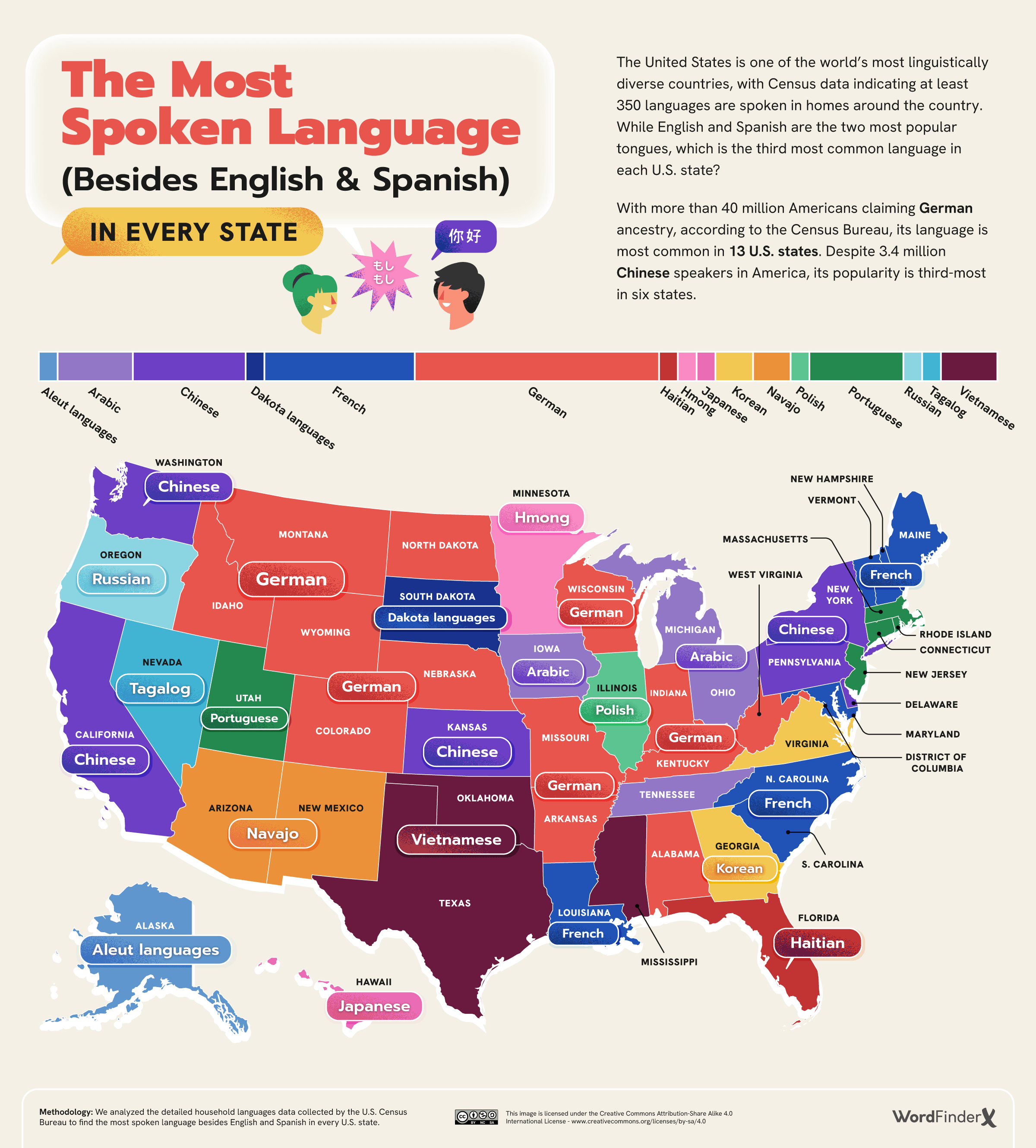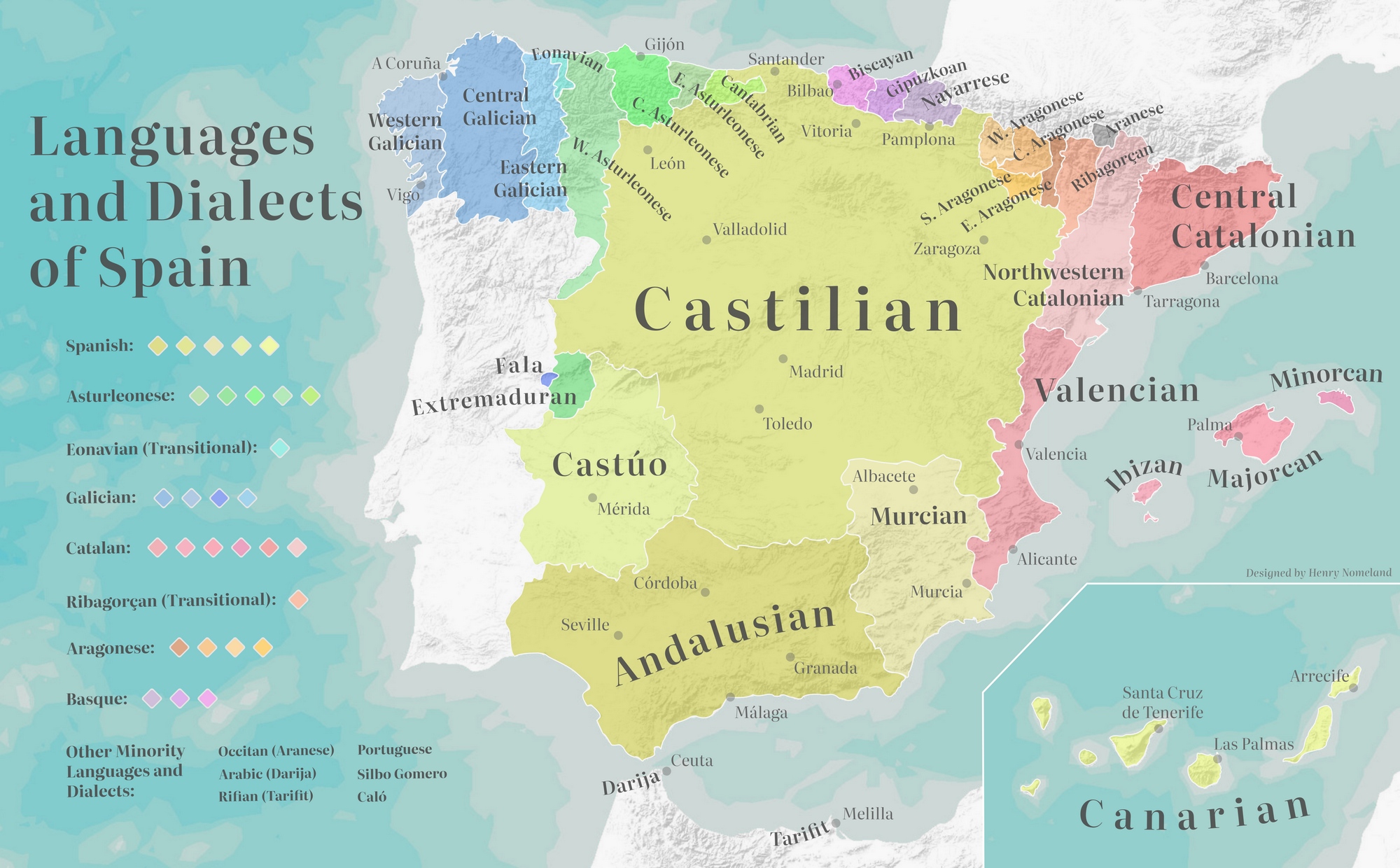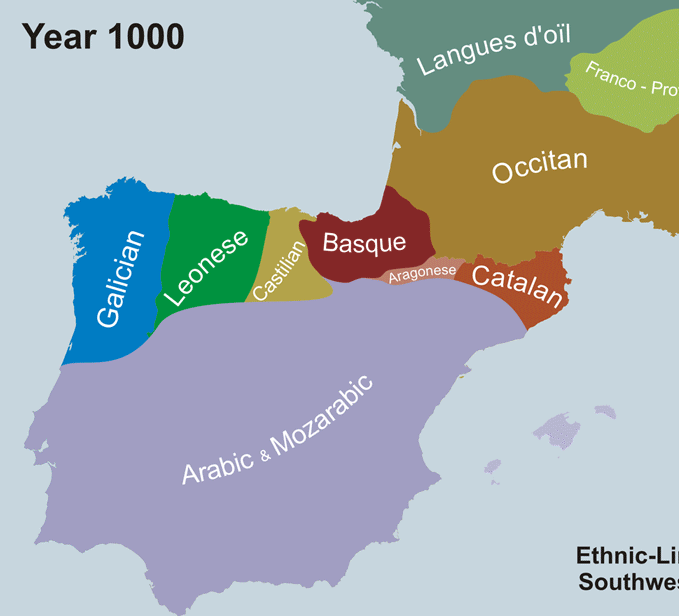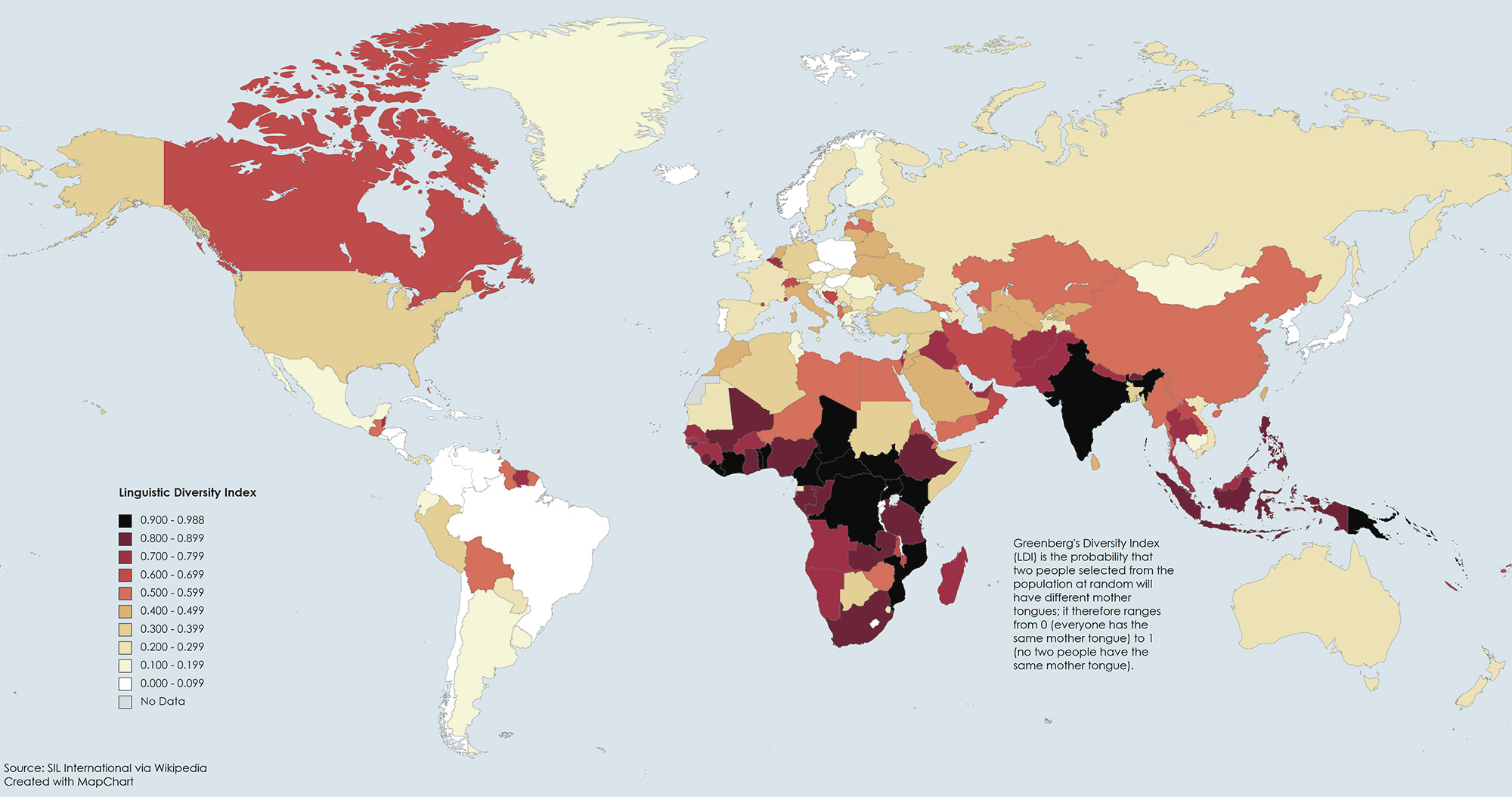Hypothetical map of Europe if regional independence movements were to split European countries into smaller sovereign states
Europe’s political landscape has always been shaped by a rich diversity of cultures, languages, and histories. While today’s map of Europe showcases nation-states with clear borders, many regions within these countries have longstanding independence movements. What if these regions were to achieve sovereignty, leading to a fragmented Europe of smaller, independent states?
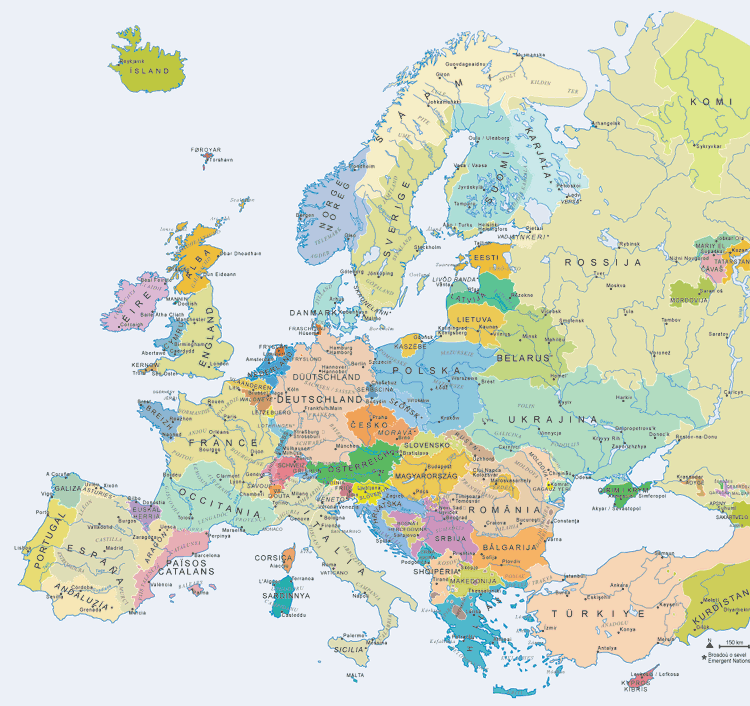
Catalonia
Located in northeastern Spain, Catalonia’s push for independence is one of the most prominent in Europe. With its own language and culture, the region held a controversial referendum in 2017, despite opposition from the Spanish government. An independent Catalonia would include major cities like Barcelona and play a significant role in the Mediterranean trade.
Scotland (Alba)
Having narrowly voted to remain part of the United Kingdom in a 2014 referendum, Scotland’s independence movement gained new momentum after Brexit. Known in Gaelic as Alba, an independent Scotland could rejoin the European Union, charting its own path in global diplomacy and trade.
Flanders and Wallonia
Belgium’s linguistic divide has long fueled separatist sentiments. Flanders, the Dutch-speaking northern region, and Wallonia, the French-speaking southern region, could form independent states. Brussels’ unique status as the de facto EU capital would likely require special arrangements.
Basque Country
Straddling northern Spain and southwestern France, the Basque Country boasts a distinct language and cultural identity. The Basque independence movement has been active for decades, advocating for sovereignty as a way to preserve its unique heritage.
Corsica
Situated in the Mediterranean, Corsica has a history of nationalist movements seeking independence from France. With its rugged landscapes and strategic location, an independent Corsica could emphasize cultural preservation and eco-tourism.
Andaluzia
In southern Spain, Andaluzia is renowned for its rich history blending Islamic, Jewish, and Christian influences. With significant cultural and economic resources, including agriculture and tourism, an independent Andaluzia could emphasize its legacy as a global crossroads.
Occitania
Spanning southern France and parts of Italy and Spain, Occitania is rooted in a shared language and medieval history. Its distinct culture flourished in the Middle Ages, and modern movements seek to revive its identity through autonomy or independence.
Bretagne (Breizh)
Located in northwest France, Breizh is home to a Celtic heritage distinct from the rest of the country. With its own Breton language and traditions, the region has an enduring cultural revival movement and aspirations for greater autonomy.
Karjala (Karelia)
Straddling Finland and Russia, Karelia has a unique identity shaped by centuries of cultural exchange. Independence movements in the region often emphasize its historical ties to Finland and its preservation as a cultural heartland.
Veneto
The Veneto region of Italy, home to Venice, has seen growing calls for autonomy or independence. With its rich history as a maritime republic, an independent Veneto could reclaim some of its historic identity.
South Tyrol
This northern Italian region, with a majority German-speaking population, has longstanding ties to Austria. Independence or reintegration with Austria remains a topic of debate among its residents.
Other Notable Regions
- Sardinia (Italy): Sardinians have pushed for greater autonomy, citing their distinct culture and geographic isolation.
- Padania (Northern Italy): Some northern Italian regions advocate for independence under the banner of Padania, emphasizing economic disparities with the south.
- Éire (Ireland): A reunified Ireland, incorporating Northern Ireland, could represent Éire in its entirety.
While the idea of a Europe divided into smaller states may intrigue historians and political theorists, such a scenario poses significant challenges. Economic integration, defense, and resource sharing would require extensive coordination. The European Union’s role would become even more crucial in maintaining stability and cooperation.
A Future of Microstates?
A hypothetical Europe made up of regional states would resemble a modern-day version of the Holy Roman Empire: a mosaic of cultures and governance systems. Whether such a scenario could foster peace and prosperity or lead to fragmentation and conflict remains a topic of debate.
What are your thoughts on a fragmented Europe? Which regions do you think have the strongest case for independence? Share your perspective in the comments below!
Related posts:

